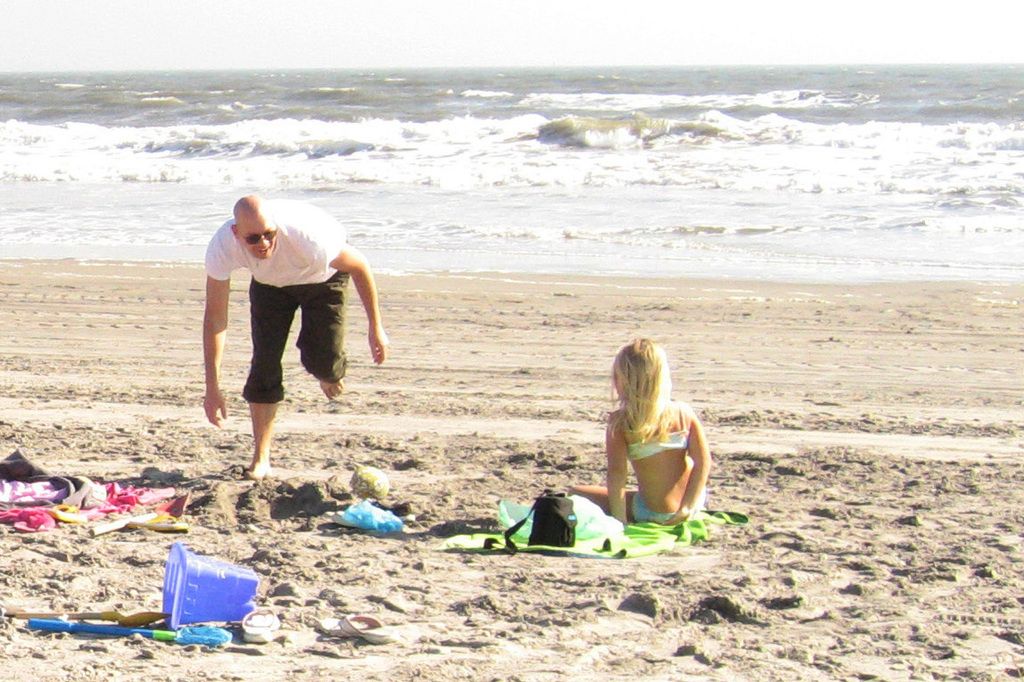The SPD's Struggle: Acknowledging the Slip as a Homegrown Force
SPD acknowledges self-inflicted ruin
In an unvarnished internal report, the SPD openly admits its stumble in the federal election. The Scholz administration, according to the report, has fallen short, politically and communicatively. A fresh strategic plan is on the horizon, aiming to reverse the tide.
The SPD raises a harsh self-indictment in an executive resolution, as reported by Bild. The defeat was primarily a case of lost trust, they claim, self-inflicted through a bundle of "structural long-term developments" and "acute external factors," such as Corona and the Ukraine war, and other disappointing expectations from the Scholz government. The party's communication was too complex and lacked real connection with the people, often seen as PR rhetoric.
A New Vision for the SPD: Straightforward, Renewed, and Open
A "new, clear vision" with "organizational renewal" and "open communication at eye level" is set to emerge, as further reported by Bild. The party aims to move away from a fragmented, target-group-specific political offer to a comprehensive social democratic vision.
The foundation for this new vision will be laid at the next party conference, through a broad-based process. The party leadership plans to concentrate more on working people, while social media should play a more significant role in the party's communications. Closer contact with the people is also a priority.
Embracing the Risks of Power: The SPD as Junior Partner of the New Federal Government
Despite ending the election with a historically poor result of 16.4%, the SPD has since become a ruling party. This positions presents risks for the necessary changes within the party. The programmatic work should not be limited to the constructive accompaniment of government tasks, the report urges.
As the junior partner of the new federal government, the SPD aims to address "structural injustices and long-standing problems" finally. The party has made some top-tier personnel changes, with Lars Klingbeil remaining a strong figure in the party despite his responsibility for the defeat as deputy chancellor and finance minister. This has resulted in dissatisfaction among the party's left wing.
Insights:
While battling declining popularity, the SPD faces numerous internal and external challenges[1]. The party's self-criticism highlights the need for strategic reorientation, a return to core values, leadership revitalization, and grassroots engagement[1]. Coordinating these changes while navigating the complexities of coalition politics poses a significant challenge[2]. Contentious policies, such as border control measures, could further erode public support if not managed carefully[3][4]. The SPD's path to recovery is a delicate balancing act between appealing to its traditional base, engaging with its grassroots, and keeping its coalition partners satisfied[2].
The European Parliament, the Council, and the Commission, alongside the SPD, may discuss financing for various business and political matters, given the general news of the SPD's plan to focus more on working people and use social media more effectively in communications, as part of their strategic reorientation. However, the SPD's role as a junior partner in the new federal government, and the necessary changes within the party, could lead to complex discussions about politics, business, and finance.






